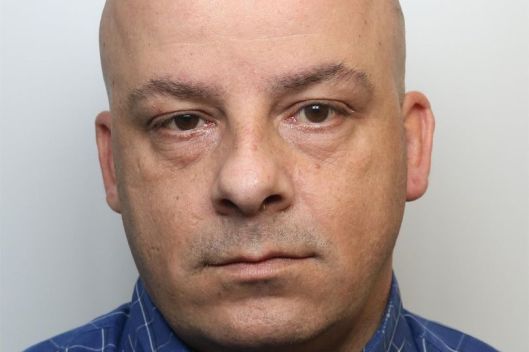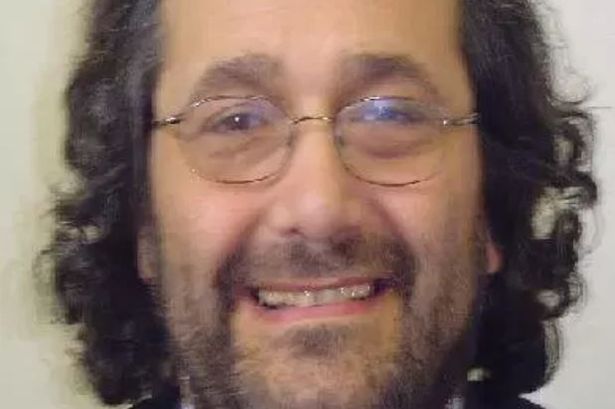OFFENDER
Michael Illingworth
Age:
27 Profession:
Exposed:
10-07-2020 Location:
Denholme ‘Why wasn’t sex offender charged for more than two years after his arrest?’
We spend many hours of our personal time updating and improving this website to make it a valuable tool that will always be free and accessible to the public.
All we ask for in return is a small contribution, we will also send you some goodies in the mail as a thank you


A judge has demanded to know why the case of a man who made sexual suggestions to what he believed were underage girls he was chatting to on the internet had taken three years to get to sentence.
Michael Illingworth, who has mental and physical health problems, was arrested in August 2017 but not charged until November 25 last year, Bradford Crown Court heard.
Illingworth, 27, of Main Road, Denholme, wept in court yesterday as Judge Jonathan Rose told him: “The public would lose more by you going to prison than they would gain.”
Illingworth pleaded guilty to seven offences of attempting to engage in sexual communication with a child in July and August 2017.
He was sentenced to a two year community order with 40 rehabilitation activity days and ordered to sign on the sex offender register for seven years. A Sexual Harm Prevention order restricts and monitors his use of social media.
Prosecutor Gerald Hendron said Illingworth chatted on the internet to adults posing as girls as young as 13. The conversations were recorded and passed on to the police.
Illingworth asked to meet up with them in hotel rooms for sex, telling one supposed 13-year-old they could “get naked” so he could touch her body. He sent photos of his erect penis to two of the “girls.”
When he was arrested, his phone was seized but he denied the offences saying it had been hacked or borrowed by someone else.
Illingworth’s previous convictions included possession of a firearm with intent to cause fear of violence and possession of a bladed article in a public place.
In 2015, he was jailed for eight weeks for sending sexually explicit messages to a girl aged 16.
The court heard he had not committed any other offences in the almost three years since his arrest.
Illingworth’s barrister, Rebecca Young, said he was willing to co-operate with his psychologist and probation officer to ensure there was no repetition of his earlier behaviour.
Miss Young said he was “crippled with social anxieties” that made it difficult for him to leave home. He was autistic and had intellectual and physical difficulties.
“He is able to fully comprehend that what he did was wrong and he says he won’t do it again,” she said.
Judge Rose told Illingworth: “The public rightly abhor men with paedophilic tendencies, like you.”
But if Illingworth was jailed under the legal guidelines he would spend only 12 months behind bars.
“You would come out of prison no better and probably considerably worse than you went in,” Judge Rose said.
Illingworth would get no treatment in jail and he could still be a risk to children.
He had demonstrated over a three-year period that he was capable of staying out of trouble and the regime behind bars, especially during the Covid-19 lockdown, would be hugely counterproductive for a man with his mental and physical health problems.
Judge Rose asked the Crown to find out why Illingworth had not been charged for more than two years after his arrest, saying he could see no explanation for the delay on the case papers










